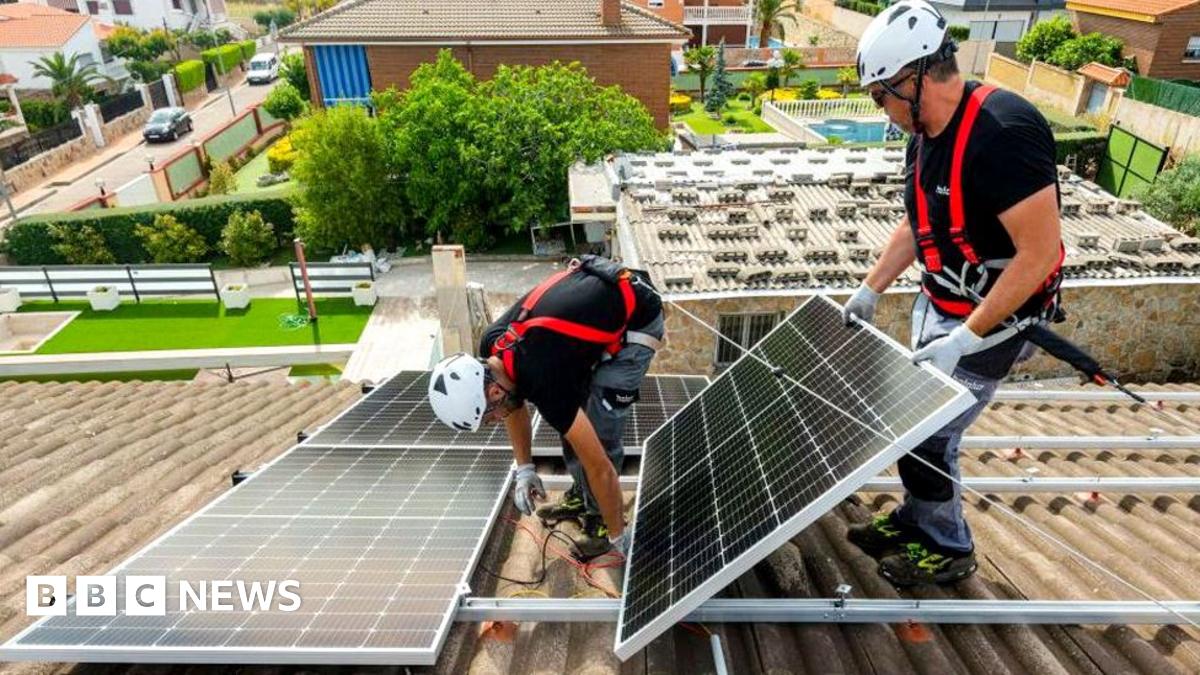Interesting to see that some places already have an over-supply of renewable electricity:

 www.bbc.co.uk
www.bbc.co.uk

Too much of a good thing? Spain's green energy can exceed demand
Spain is looking at storing electricity or increasing demand to solve electricity oversupply.



